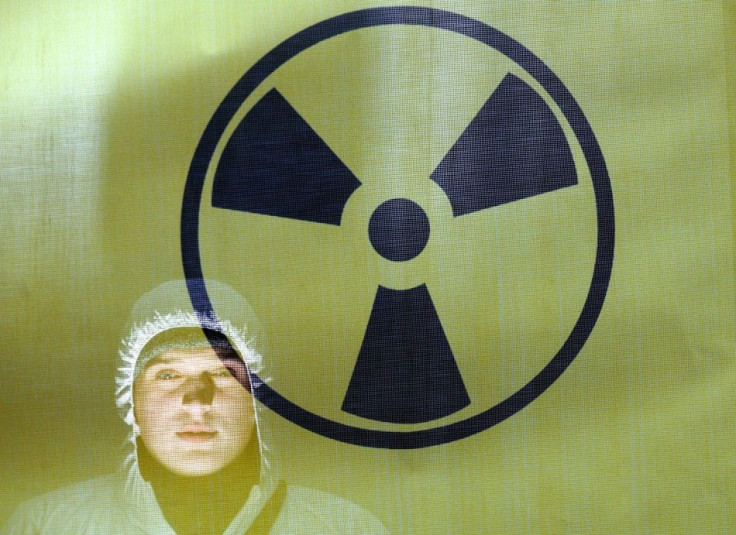Nearly Three of Four U.S. Nuclear Plants Leaking Radioactive Material

A radiocative form of hydrogen is escaping from nearly three quarters of U.S. nuclear sites, sometimes in quantities hundreds of times over the federal limit of what is hazardous in drinking water.
Tritium has leaked out at 48 of 65 sites nationwide, according to the Associated Press. Although none of the potentially carcinogenic substance is known to have reached public drinking supplies, it could seep into groundwater.
The revelation about tritium is part of a broader AP investigation that has uncovered a widespread practice of regulators manipulating rules to keep deteriorating plants up to code. The tritium leaks represent one of many safety violations detailed by the AP, but the industry seems to be worried about a public relations fallout than risks to public health.
The public health and safety impact of this is next to zero, said Tony Pietrangelo, chief nuclear officer of the industry's Nuclear Energy Institute. This is a public confidence issue.
Underground deposits of water have been corroding pipes and affecting buried electrical cables, leading to higher rates of leaks and electrial issues. Much of this is attributable to the age of the nuclear sites, the AP found.
You got pipes that have been buried underground for 30 or 40 years, and they've never been inspected, and the NRC is looking the other way, said engineer Paul Blanch, a nuclear engineer turned whistleblower. They could have corrosion all over the place.
© Copyright IBTimes 2024. All rights reserved.





















